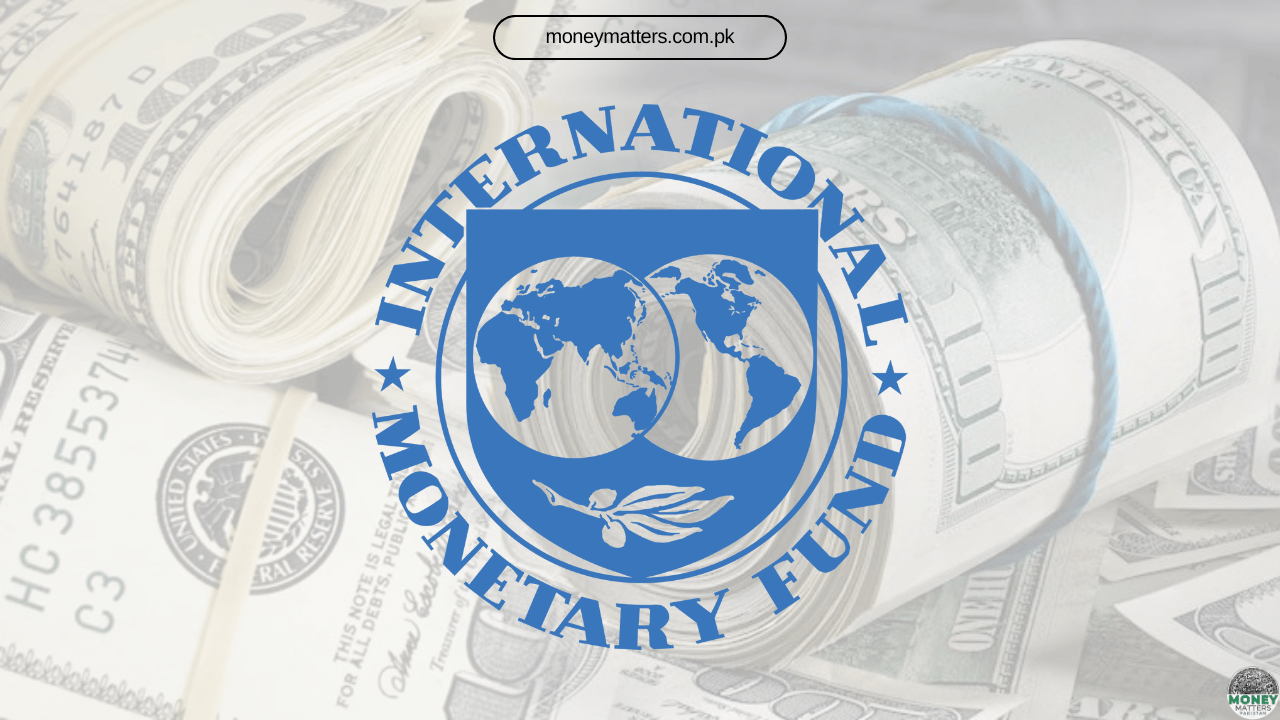Financial boost strengthens Pakistan’s economic reforms despite regional challenges.
Key Takeaways:
i) The IMF Executive Board has approved two financial packages for Pakistan, totaling $2.3 billion, despite India’s efforts to block the deal.
ii) This approval includes a $1 billion second tranche from the Extended Fund Facility (EFF) and a new $1.3 billion Resilience and Sustainability Facility (RSF).
iii) The IMF’s decision is seen as a significant diplomatic victory for Pakistan, supporting its ongoing economic reforms and fiscal consolidation.
Islamabad, Pakistan – In a notable development for Pakistan’s economy, the International Monetary Fund (IMF) has approved financial packages amounting to $2.3 billion. This decision came despite India’s attempts to impede the agreement during the IMF’s Executive Board meeting.
The approved funds include the release of a $1 billion tranche under Pakistan’s Extended Fund Facility (EFF) and a fresh $1.3 billion under the Resilience and Sustainability Facility (RSF). Finance Minister Muhammad Aurangzeb and Secretary Finance Imdad Ullah Bosal played instrumental roles in securing this approval after initial obstacles.
India, holding a 2.7% voting share, was unsuccessful in its attempt to block the financial aid.
Pakistan’s economic team successfully met IMF conditions, with key contributions from Deputy Prime Minister Ishaq Dar, who utilized his connections within the Pakistan Peoples Party (PPP) to ensure the implementation of crucial measures. These measures included the introduction of Agriculture Income Tax laws in Sindh and Balochistan, satisfying several IMF requirements.
Pakistan will receive the $1 billion tranche immediately, while the $1.3 billion from the RSF will be disbursed over 28 months. This approval brings Pakistan’s total disbursements under the EFF to $2.1 billion.
India, holding a 2.7% voting share, was unsuccessful in its attempt to block the financial aid. This event marks a significant diplomatic achievement for Pakistan, occurring shortly after a confrontation with the Pakistan Air Force where India lost five fighter jets.
The IMF’s support is vital for Pakistan as it continues to implement fiscal consolidation measures, reduce public debt, and allocate funds for social spending. As part of the agreement, Pakistan will introduce a carbon levy starting in July and increase water usage charges next year. Additionally, Pakistan has committed to conducting a study on phasing out existing Special Economic Zones (SEZs) by 2035.
Earlier in the year, the IMF and Pakistan reached a staff-level agreement for the first review of the EFF and a new 28-month arrangement under the RSF, granting Pakistan access to $1.3 billion. This financial support is expected to stabilize Pakistan’s financial position and promote sustainable economic growth.




